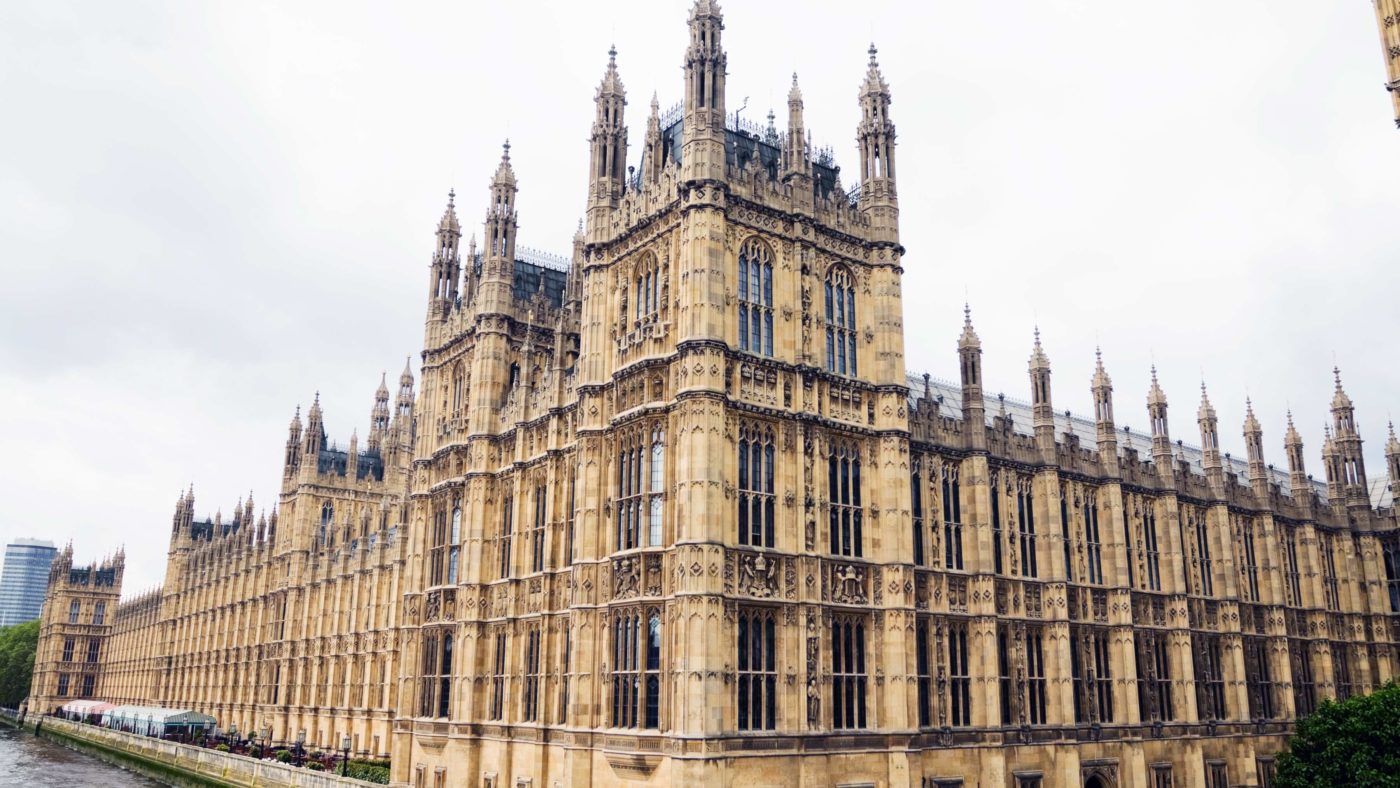You can’t move for accusations of ‘sleaze’ these days. Every day seems to throw up some new example, and Tory MPs understandably fret that it is damaging the party’s prospects.
One reason this row is likely to rumble on is that the definition of ‘sleaze’ has become ridiculously broad. It is no longer simply a synonym for corruption or rule-breaking, but a catch-all for anything the public might find unbecoming.
Take the argument over second jobs. While Geoffrey Cox working from a Caribbean villa and Owen Paterson’s lobbying efforts do strike most observers as pretty egregious, to describe any MP doing a second job is ‘sleaze’ is clearly misleading. And, as Henry Hill argued this week, a blanket ban would do nothing to improve Parliament. Those incensed about MPs’ outside work also seem to forget that literally hundreds of them already combine their work as constituency MPs with what are effectively second jobs as ministers, parliamentary private secretaries and select committee chairs.
While we’re all focused on second jobs, one of the big problems for MPs is the amorphous definition of their first one. What is an MP in the 21st century actually for? It’s a role that seems to be in equal parts legislator, lobbyist for their local patch and, at times, an extension of social services. (A parliamentarian once told me he’d been asked to help a constituent get a refund for a train ticket, while another took a request to secure a constituent’s early release from prison.) It is in the first of these roles, legislator, that Parliament is systematically falling short. Indeed, we seem to have come to a situation where legislators themselves are subject to intense scrutiny, but legislation is not.
Journalist Isabel Hardman’s 2018 book Why We Get The Wrong Politicians is acute on this point. She quotes several current and former MPs bemoaning their own failure to scrutinise legislation. ‘I am voting on things I don’t understand,’ says one Tory MP, while Labour’s Wes Streeting says MPs ‘don’t take ourselves seriously as legislators’. The late Frank Dobson, an MP for 36 years, described Parliament’s record on passing effective laws as ‘absolutely pathetic’. It’s not just the better known bills that fall short either – the Hansard Society’s Tom West wrote a dispiriting piece this week, detailing the particularly inadequate scrutiny of the delegated legislation, the rules and regs handed down by ministers in statutory instruments.
There’s no magic wand to be waved here, and some problems of scrutiny arise from the nature of a system where the executive is drawn from the legislature. Still, it does strike me that MPs are pretty under-resourced for the amount we expect them to do. Rather than an endless, fruitless row about MPs’ own salaries, might it be time to look again at how much we spend on their staff – if not to make their lives easier (heaven forbid), then to help Parliament function as well as possible and constituents get as responsive a service as possible.
Click here to subscribe to our daily briefing – the best pieces from CapX and across the web.
CapX depends on the generosity of its readers. If you value what we do, please consider making a donation.


